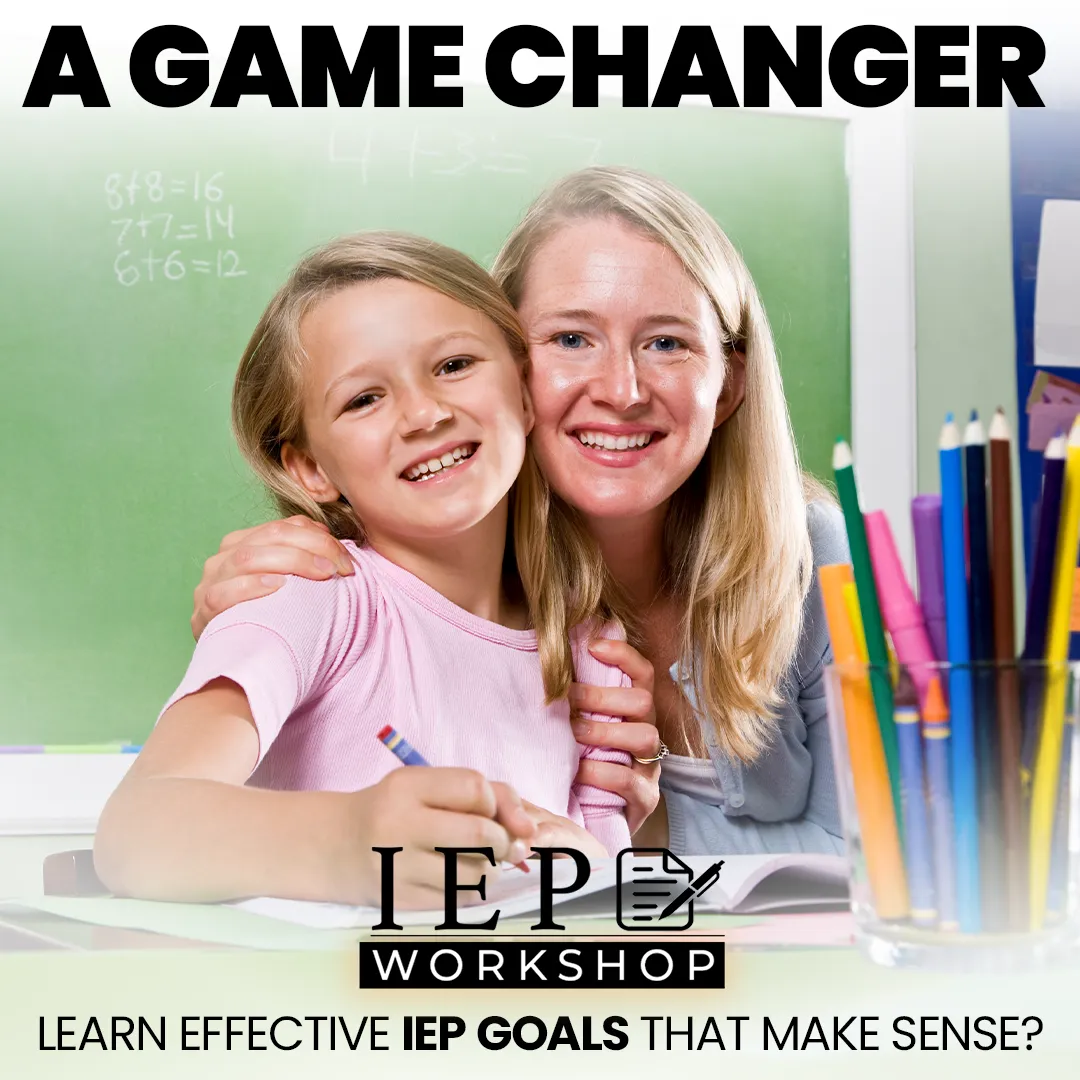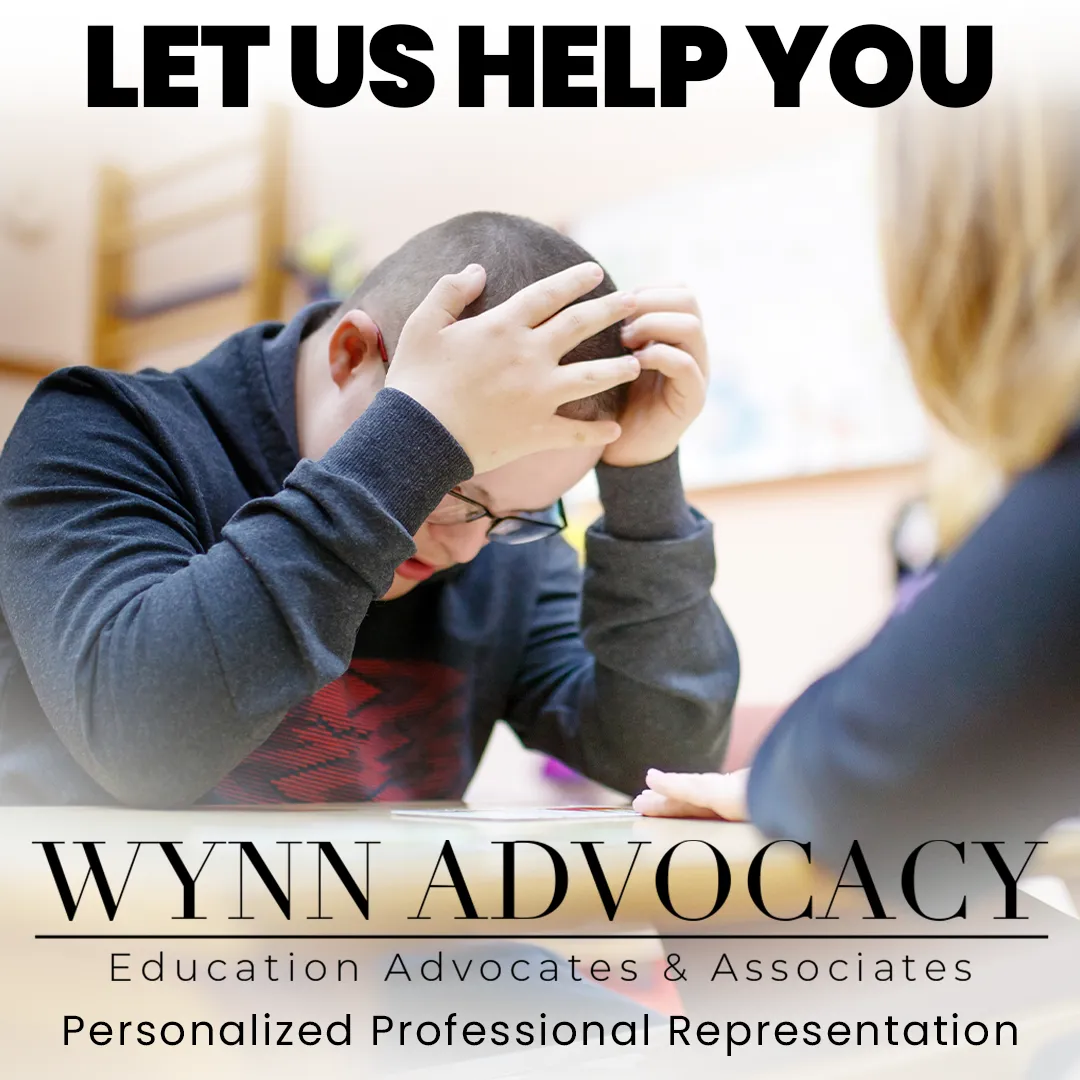IEP 101: How to Map Out Your Child’s Education
and Set Clear Parental Goals
by Stephanie Wynn
Every parent of a child with an Individualized Education Program (IEP) wants their child to succeed — but without a clear vision, school meetings can feel reactive instead of strategic. Mapping out your child’s education means setting long-term goals, defining what success looks like, and ensuring the school team is on the same page.
Why a Vision Is Essential
A vision is more than “good grades” or “graduation.” It’s the picture of the life you want your child to have — both during and after school. For students age 16 and older, IDEA requires transition planning and services of the IEP to prepare for adulthood. But starting earlier can create a stronger roadmap and in many states the mandated age for transition planning and services is younger than age 16.
Step 1: Define Your Long-Term Vision
Ask yourself:
What long term life skills will help my child live as independently as possible? Do they need adaptive skill teaching? Are there social, behavior or emotional areas that should be evaluated and discussed with their IEP team?
What social and academic life experiences will prepare them for adulthood? Do they need community based instruction, pre-employment or related services to reach vocational skill goals?
How do I want my child to feel about learning and school?
What are the options for my child after school? What are the community and state transition services that are available and should they be invited to participate in the IEP meetings? What are the assessments my child can receive to help guide their strengths and interests for career, vocational and life skills?
Write this vision down, review it each year before your annual review IEP meeting and keep it handy to guide conversations and decision making.
Step 2: Set Measurable Goals
General aspirations are good, but IEPs work best with specific, measurable goals. If your child struggles with reading, a goal might be: “By annual review date, the student will increase from baseline fluency words per minute of 40 to 120 words per minute with 95% accuracy, demonstrating appropriate expression and comprehension when provided an instructional level passage in 9 out of 10 consecutive trials.”
Align these goals with the Present Levels of Academic Achievement and Functional Performance (PLAAFP) section in the IEP.
Step 3: Create a Shared Vision With the School Team
Collaboration is key. Share your vision with the IEP team at the start of each meeting. When everyone is working toward the same outcomes, your child benefits from consistency in expectations and support. Document your vision within the Parent Educational Concern section of the IEP. Ask questions throughout the remaining sections of the IEP development process, take notes of items that you requested and whether those items were agreed upon by the team and written into the IEP.
Step 4: Review and Adjust Annually
Your child will grow, and so will their needs. Revisit your vision each year and any revision IEP meetings and update goals and other areas of the IEP as necessary.
Final Thoughts
A well-mapped educational plan is the difference between reacting to challenges and creating opportunities. When you take the time to define your vision and align your goals, you position your child — and yourself — for long-term success. As our children enter the transition age it’s important to begin to include them in the vision and options. You may be very surprised at their input! I know I was and it made me so proud.
Wynn Advocacy Pro Tip:
If your child is 16 or older, ensure that transition IEP planning includes education, employment, and independent living skills.
These can be career preparation, post-secondary opportunities, and linking to community agencies. Ask for specific services or programs that align with your vision.

Disclaimer:
Wynn Advocacy and Stephanie Wynn do not provide legal advice. The information, articles, and resources available on this website are provided for educational and informational purposes only and should not be relied upon as legal guidance. Viewing or accessing this site, or communicating with Wynn Advocacy through this site, does not create an advocate-client or attorney-client relationship. Every situation is unique, and you should consult with a licensed attorney regarding your specific circumstances before making any decisions.
Copyright 2025 Wynn Advocacy, All Right Reserved



